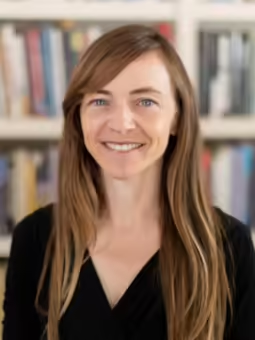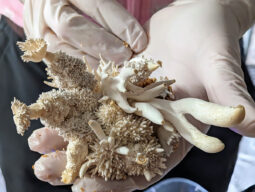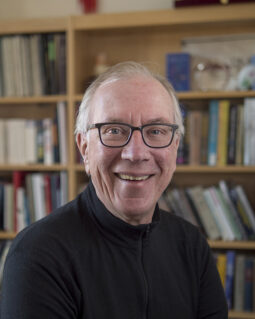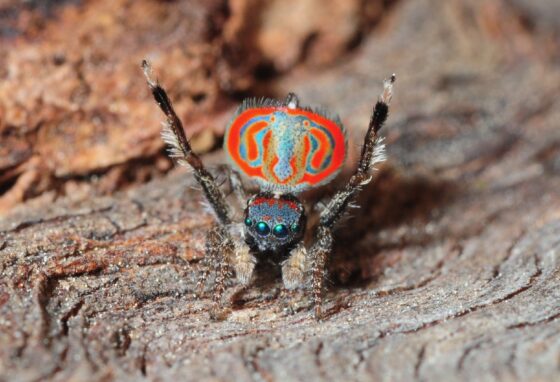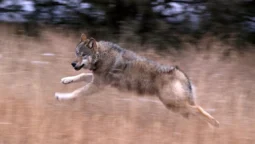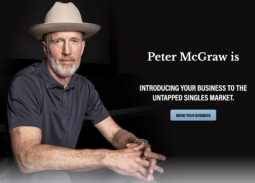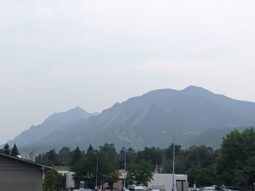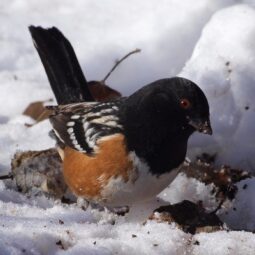
Field Report (starts 1:00) We join Boulder naturalists Steve Jones and Ruth Carol Cushman on a Christmas Bird Count as Boulder’s winter water saunas.
Xmas Bird Count’s Bill Schmoker (starts 4:28) Boulder’s Annual Xmas Bird Count is Sunday December 15th. Bill Schmoker is the organizer of this Count, which is one of the longest-running and largest in the nation. He explains how it’s done, and why it’s important to the science of bird ecology.
Host: Benita Lee
Show Producers: Elena Klaver/Shelley Schlender
Additional Contributions: Ruth Carol Cushman, Steve Jones
Executive Producer: Shelley Schlender
Podcast: Play in new window | Download (Duration: 26:58 — 37.1MB)
Subscribe: RSS




